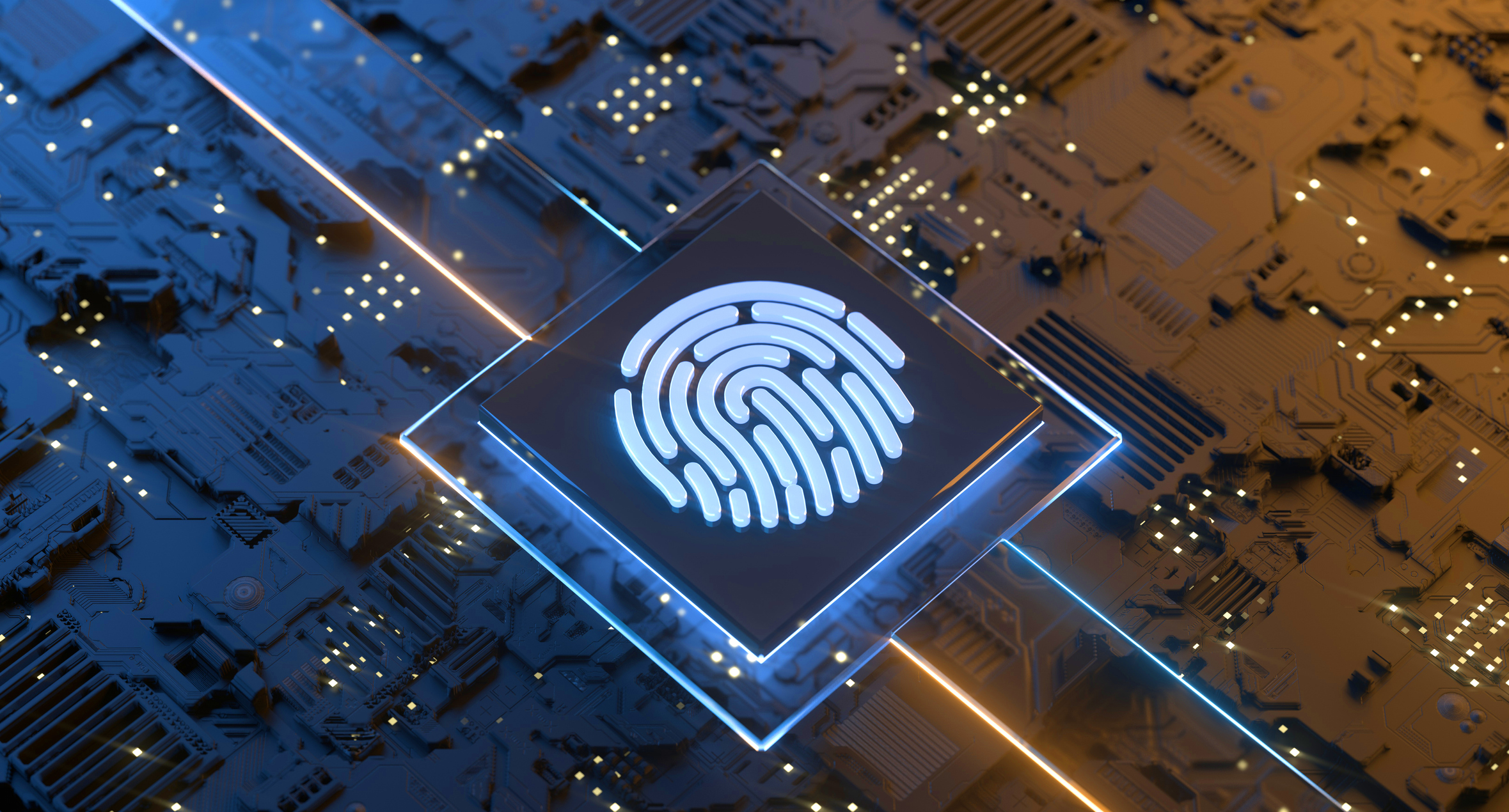Industry working group aims to standardize blockchain 'Identity of Things'
Universal standards for blockchain-based identities aims to help promote interoperability and communication between IoT devices

The Institute of Electrical and Electronics Engineers (IEEE) has formed a new task force to develop global standards for blockchain-based decentralized identities (DIDs) for Internet of Things (IoT) devices.
Dr Xinxin Fan, founding member and head of cryptography at IoTeX, led the development of the DID framework for IoT devices with the World Wide Web Consortium (W3C) in 2019.
Scientists and researchers from Lockheed Martin, Ericsson, Lenovo, Huawei, Bosch, IoTeX, and the China Academy of Information and Communications Technology have now been tasked with formulating a universal DID specification.
“Blockchain identity standardization is critical to ensure interoperability and communications between Internet of Things (IoT) devices, people, and businesses," explained IoTeX. "Eliminating technical barriers and enabling heterogeneous entities to communicate with global standards make possible global trade, economic growth, and local communities worldwide to prosper,”
The working group will be focused on defining an interoperational global DID standard for humans and machines to unlock the $12.6 trillion potential value of IoT that McKinsey estimates will be realized by 2030.
In addition, the Identity of Things standard will help provide a decentralized identity and access management (IAM) framework for IoT device management and help with the creation of IoT security services, such as device authentication, data authorization, and access management.
It's also believed that with global DIDs, people will be able to contribute valuable real-time weather, geography, traffic, and other data to society.
Get the ITPro daily newsletter
Sign up today and you will receive a free copy of our Future Focus 2025 report - the leading guidance on AI, cybersecurity and other IT challenges as per 700+ senior executives
RELATED RESOURCE

Modernise endpoint protection and leave your legacy challenges behind
The risk of keeping your legacy endpoint security tools
"Despite technological innovations, today, even humans face communication barriers due to language barriers. This issue is compounded when we look at machines manufactured by different companies and deployed in different geographical regions," said Dr. Fan.
"That is what the working group I preside over has been working on since April, and today I am pleased to say we have formed a fantastic initial class of forward-thinking enterprises to drive this standard forward and progressed significantly although many challenges still lie ahead."
-
 Cleo attack victim list grows as Hertz confirms customer data stolen
Cleo attack victim list grows as Hertz confirms customer data stolenNews Hertz has confirmed it suffered a data breach as a result of the Cleo zero-day vulnerability in late 2024, with the car rental giant warning that customer data was stolen.
By Ross Kelly
-
 Lateral moves in tech: Why leaders should support employee mobility
Lateral moves in tech: Why leaders should support employee mobilityIn-depth Encouraging staff to switch roles can have long-term benefits for skills in the tech sector
By Keri Allan